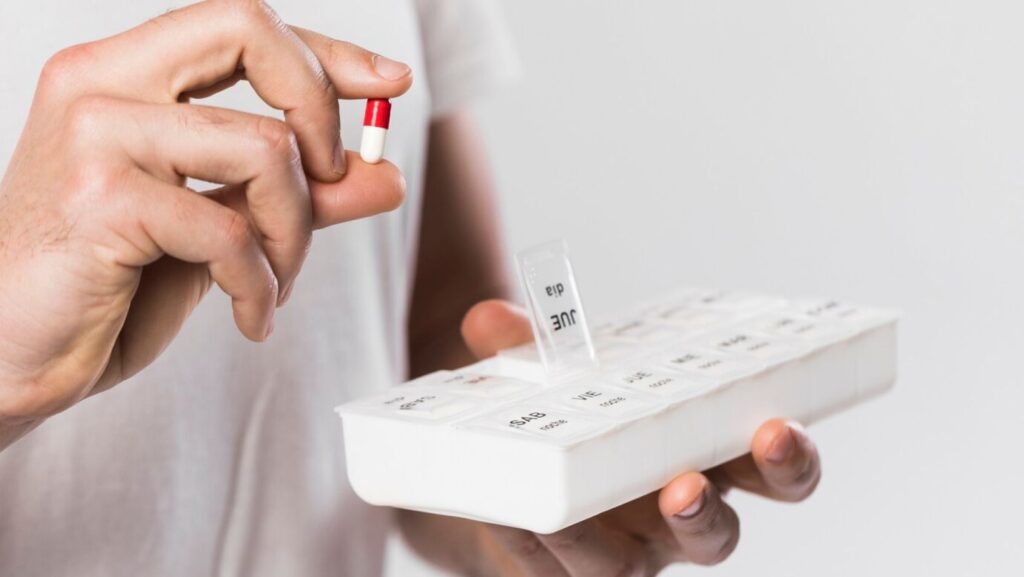New research from Michigan State University suggests that nondeceptive placebos—placebos given with complete transparency—can significantly reduce stress, anxiety, and depression, even when administered remotely.
The findings, published in Applied Psychology: Health and Well-Being, indicate that these placebos could serve as a low-effort, scalable intervention for individuals struggling with prolonged stress.
Testing Placebos Without Deception

Researchers conducted a two-week randomized controlled trial involving participants experiencing chronic stress from the COVID-19 pandemic. The study included virtual interactions through four Zoom sessions, ensuring all communication and administration were done remotely.
Participants were randomly divided into two groups: one received a nondeceptive placebo, while the other served as a control group that took no pills. The placebo group was fully informed about the placebo effect and was mailed placebo pills with instructions for use.
Significant Stress Reduction in Two Weeks
At the end of the trial, those in the placebo group showed notable reductions in stress, anxiety, and depression compared to the control group. Participants also reported that the placebo intervention was easy to follow and appropriate.
“Exposure to long-term stress can impair a person’s ability to manage emotions and cause significant mental health problems,” said Jason Moser, co-author of the study and professor at MSU’s Department of Psychology. “So we’re excited that an intervention that takes minimal effort can still lead to significant benefits.”
Potential for Remote Mental Health Interventions
One of the study’s most promising aspects is its demonstration that nondeceptive placebos can be effectively administered remotely.
“This ability to administer nondeceptive placebos remotely increases scalability potential dramatically,” said Darwin Guevarra, a co-author and postdoctoral scholar at the University of California, San Francisco. “Remotely administered nondeceptive placebos have the potential to help individuals struggling with mental health concerns who otherwise would not have access to traditional mental health services.”
Given the accessibility and ease of use, researchers believe that nondeceptive placebos could become a widely available tool for managing stress and anxiety, particularly for individuals without access to conventional mental health care. The study’s findings open the door for further research on integrating placebos into mental health interventions on a larger scale.
Reference: Darwin A. Guevarra, Christopher T. Webster, Jade N. Moros, Ethan Kross, Jason S. Moser. Remotely administered non‐deceptive placebos reduce COVID‐related stress, anxiety, and depression. Applied Psychology: Health and Well-Being, 2024.